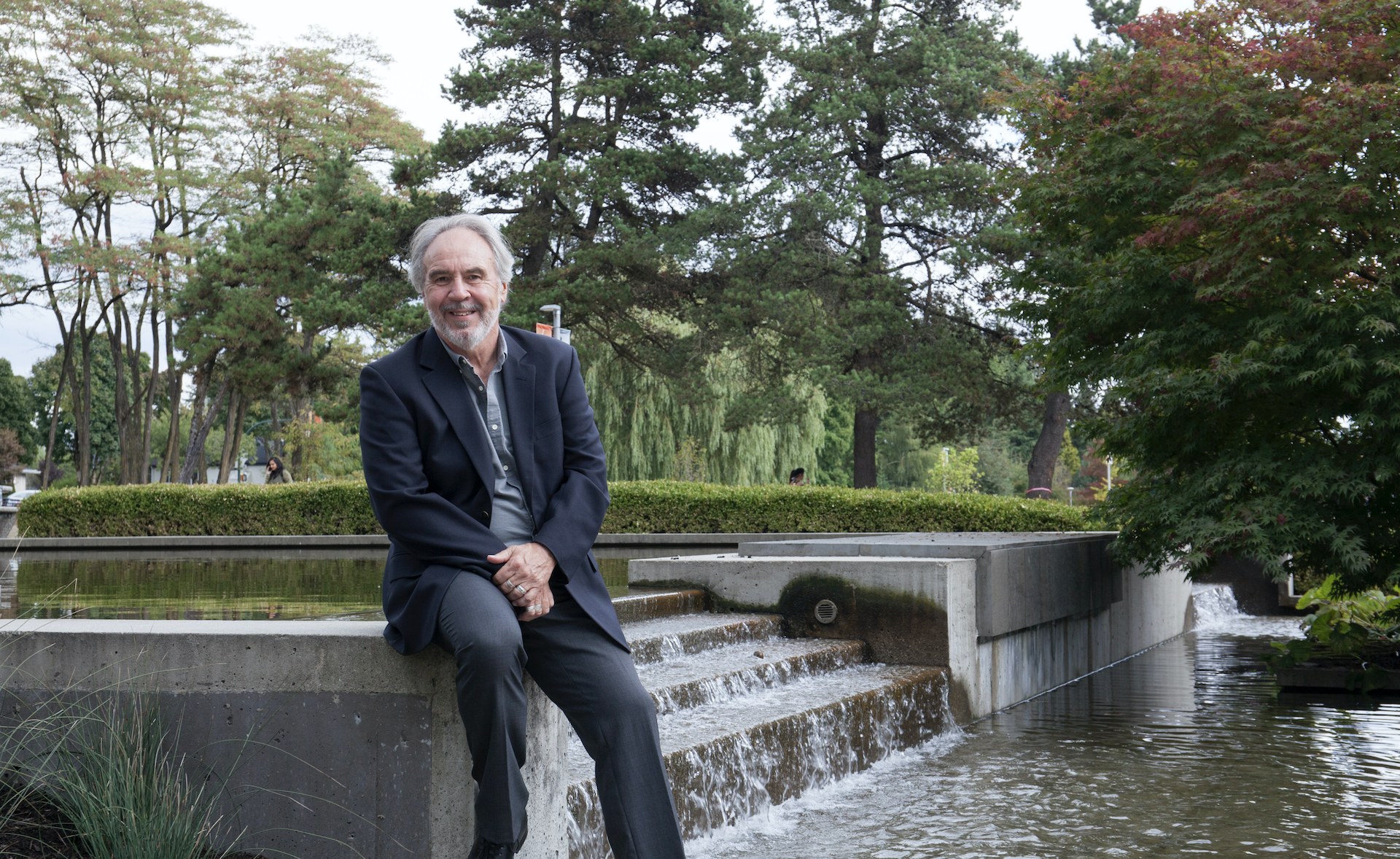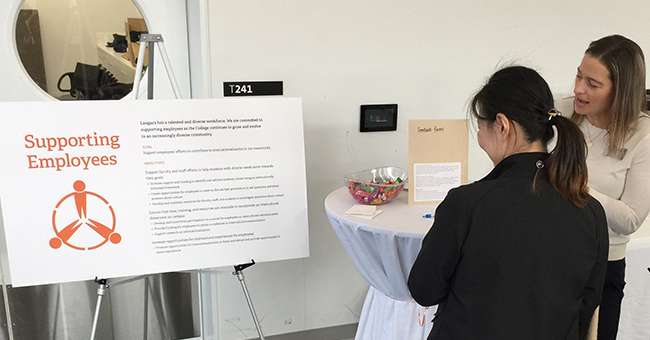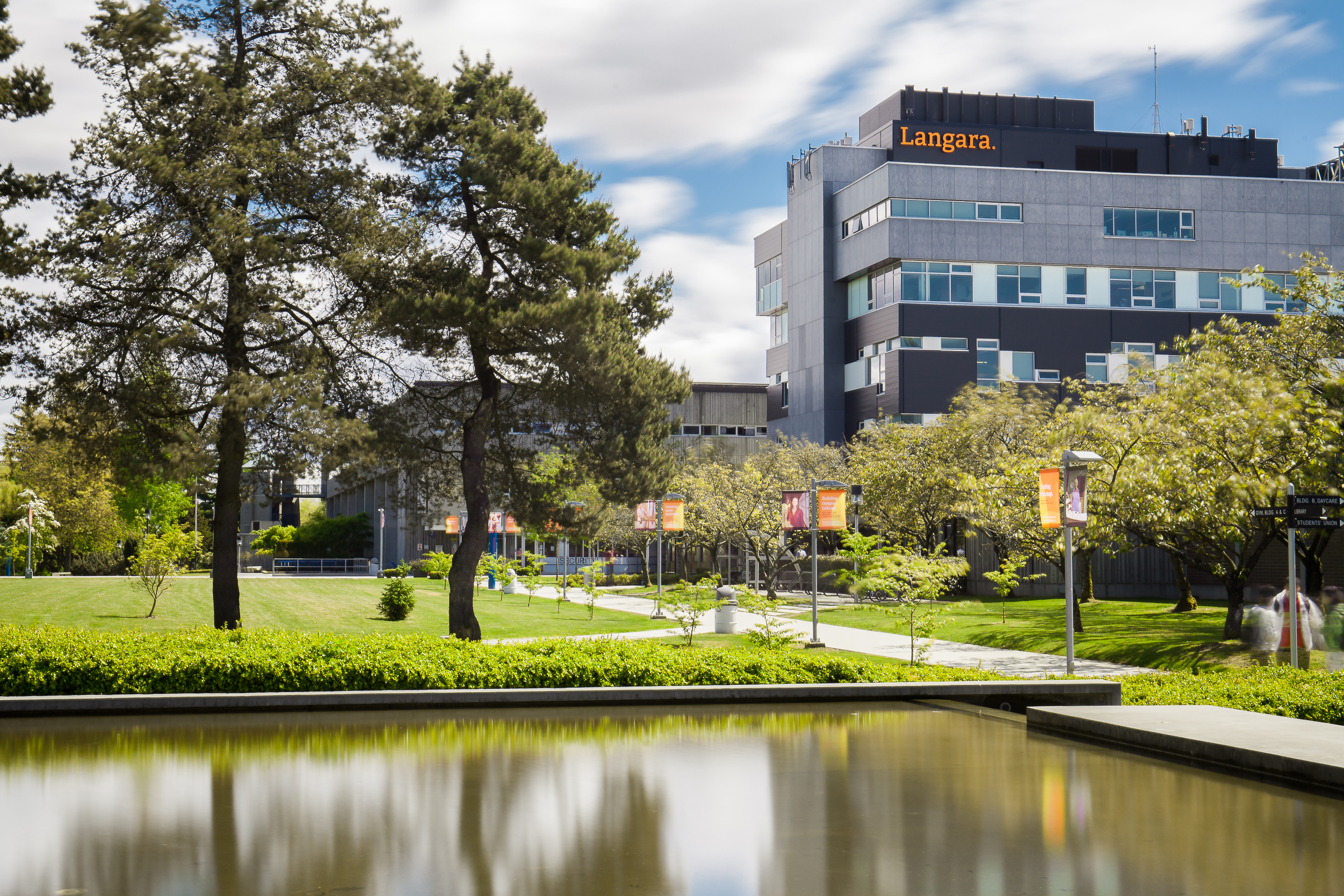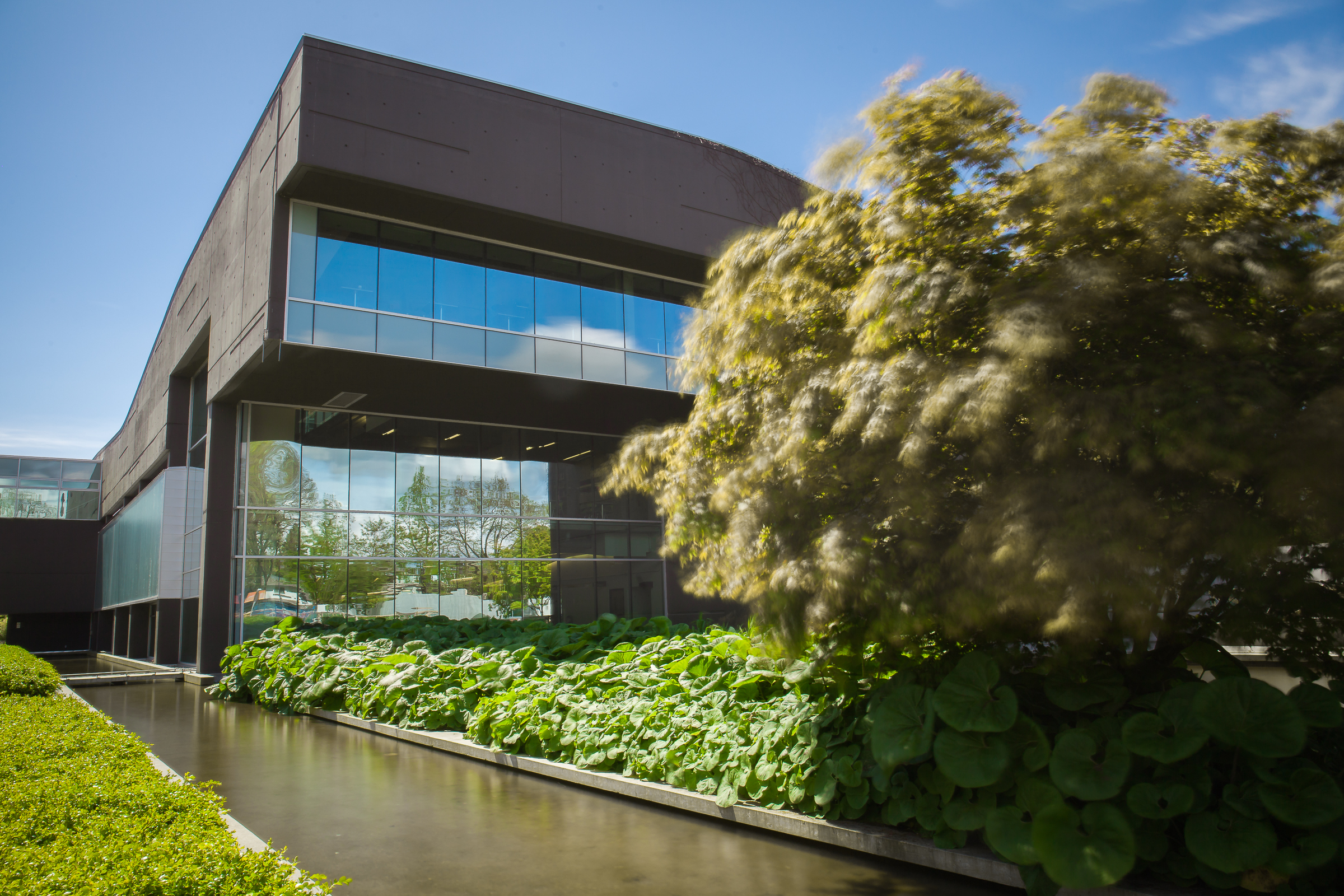
Board of Governors Report – September 2019
Board of Governors 2019 Assessment and Goals
Every year the Board of Governors evaluates itself on its effectiveness. In addition, every other year, the Board seeks the college community input on the effectiveness of the Board.
This year we asked 127 employees in the Langara community to give us your feedback. Thank you for your great feedback, we truly do appreciate it. For those who submitted their feedback, we hired an outside facilitator to guarantee confidentiality and to compile the results.
Overall you reported that the Board is performing to a “moderate extent” on key board practices which indicates that you feel that there is room for improvement.
3 highest rated Board practices:
- Speaks with one collective voice
- Oversees financial performance and ensures risk management
- Sets vision, mission and provides strategic direction to the institution
3 lowest rated Board practices:
- Ensures effective communication with stakeholders (students, employees, industry partners and government)
- Acts in a way that is accountable to the Langara community (i.e. students, employees, industry partners and government)
- Adapts and reacts to changes in Langara’s business environment
When we compared the 2017 to 2019 Assessments we found that to an overall extent the Board performance on key board practices rating have remained the same.
Next Steps
The Board is committed to continuing our focus on practices we do well and addressing the lowest rated Board practices. With that in mind, in September, the Board approved a set of annual goals, strategies and intended outcomes which we believe directly addresses your identified opportunities for improvement. The goals include;
- Ensuring effective communication and accountability with stakeholders (students, employees, industry partners and government)
- Setting vision, mission and providing strategic direction to the institution
- Strategic Task Forces designed to understand and adapt to changes in Langara’s community and business environment
Thank you for your time and thoughts; we will report back to you next year.
Strategic Planning for 2021–2025 – Presentation to the Board by Alex Usher, President, Higher Education Strategy Associates.
As I reported in my last Langara Post update in June – although our current five-year Strategic Plan (2016–2020) still has about a year to go – a process to develop a new plan started in the summer when we sought out community feedback.
A Strategic Plan is more than a plan. It is a compass – a practical and adaptable tool to set our direction and focus our efforts towards our common goal of continuing to be Canada’s Pathways College.
The Board wants to hear from the Langara community, external experts and consultants who will give us their thoughts on the strategic influences they believe we should consider over these next five years.
At the June Board meeting, we heard from the City of Vancouver about the significant densification along the Cambie corridor that will help us understand the impacts that this will have on the College over the next number of decades.
At the September Board meeting, we heard from Alex Usher, President of Higher Education Strategy Associates, who presented his ideas about future trends in higher education. These included;
- Post-Secondary Education (PSE) in Canada has gone from $30B in income to $50B over the past 20 years even though funding from government has been declining and frozen for the past 10 years and any increase in funding per year is at less than inflation.
- PSE’s have offset this by going after more private income. The impact is that this has been the first time we have been getting more money from private resources than from public resources. Usher indicated that Canada is turning from a system that was publicly funded to a system that is publicly assisted.
- Over the last 5-10 years, the population demographic of graduating high school domestic students has been decreasing year over year but demand will begin increasing again within about 5 years.
- International students have filled the gap of the decreasing domestic students and are keeping the numbers up as evidenced by the number of visas for international students coming to Canada that increased by 60%.
- The future of pedagogy and credentials is important for colleges and the way we see pedagogy will change a great deal.
- Based on trends in other jurisdictions around the world, we can expect governments to start talking about value for money; they are going to start asking students what they learned from the degree they earned.
- PSE will move into an era when government will talk about measuring learning outcomes, outcomes-based curriculum, employment and funding outputs, not inputs.
- Performance based funding is coming to Ontario. Enrolment weighted funding is where government rewards institutions that have higher completion rates, and Mr. Usher recommended that this approach should be avoided.
- Post-degree certificates will have to get short and the way we teach will have to get shorter, i.e. micro-credentials.
- The more tightly we can tie credentials to new skills, the more likely we are to get employers to accept them. To get employers to understand that, BC colleges must work with employers in the creation process.
- Institutions who can get on board early and develop curriculum for micro-credentials will have a foot in the door.
- With no labour market buy-in there’s no student buy-in.
In addition, an outside facilitator has conducted an assessment of the institution’s environment which will be presented to the Board and Senior Leadership at our Strategic Planning Retreat this October.
We also expect to have a presentation from the Ministry of Advanced Education titled “The BC government’s perspectives on post-secondary education in the province” scheduled for the retreat.
Finally, the Board has also set up four strategic task forces to report out on;
- Institutional Funding
- Indigenisation
- Enrolment
- Internationalisation / Interculturalisation
The Board has also asked the President to work with the college community on the issue of academic freedom and freedom of expression. The President has responded and created the
- Presidents Committee on Academic Freedom and Freedom of Expression on Campus
The Committee is comprised of a stakeholder representation and has had several meetings.
Using all this information, the Board and the Senior Leadership Team will develop a first draft Strategic Plan based on the October 2019 retreat, review it with academic and administrative leaders, consult with you through 2020, have a final Board retreat in October 2020 to finalize the plan and then roll it out through workshops, training and a comprehensive communication plan in January 2021.
A strategic planning process is a collective effort involving everyone at the College. The successful completion of a plan is one of the most fundamental roles the Langara College Board has to complete so we want to thank you in advance for the work you will put into this process. which will assist Langara College to continue our collective vision of being Canada’s premier pathways College.
Langara College Capital Plan – 2020/21 to 2024/25
As you know, better than anyone, Langara College is crammed for space. T Building, completed in 2016 – on time and under budget – was funded entirely by the College but even then we were left with a documented shortage of 144,000 square feet. Replacing Building A is our next project, no small challenge since the replacement building will be 350,000 square feet and cost $258.4M with Langara expected to contribute 25% of that cost. Provincial and federal capital support will be required.
The construction of this building on the eastern side of the campus will provide modern teaching and learning facilities, parking, a new cafeteria, expanded childcare space, and other services.
With those challenges and opportunities in mind, at their September meeting the Board approved the Langara College Five-Year Capital Plan – 2020/21 to 2024/25 that will go to the Ministry of Advanced Education, Skills and Training (AEST). They are well aware of our needs since President Trotter and I have spoken to Minister Mark twice about this and the Senior Leadership Team have spoken to AEST officials a number of times.
The replacement of Building A is part of the new Campus Master Plan that was submitted to the City of Vancouver for zoning approval. Vancouver City Council must approve the Plan before the Province will review the Building A replacement request. Staff are working hard with City officials and we are expecting a favourable response in spring 2020.
Even with a positive capital cost request ($198.8M) from senior governments, we are at least still two and a half years away from starting construction and close to seven years away from occupancy.
Langara Board of Governors


